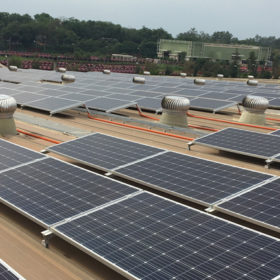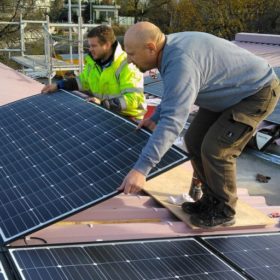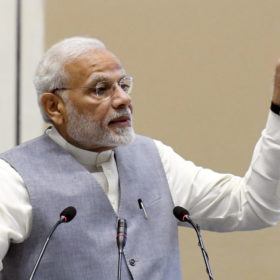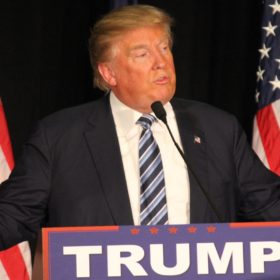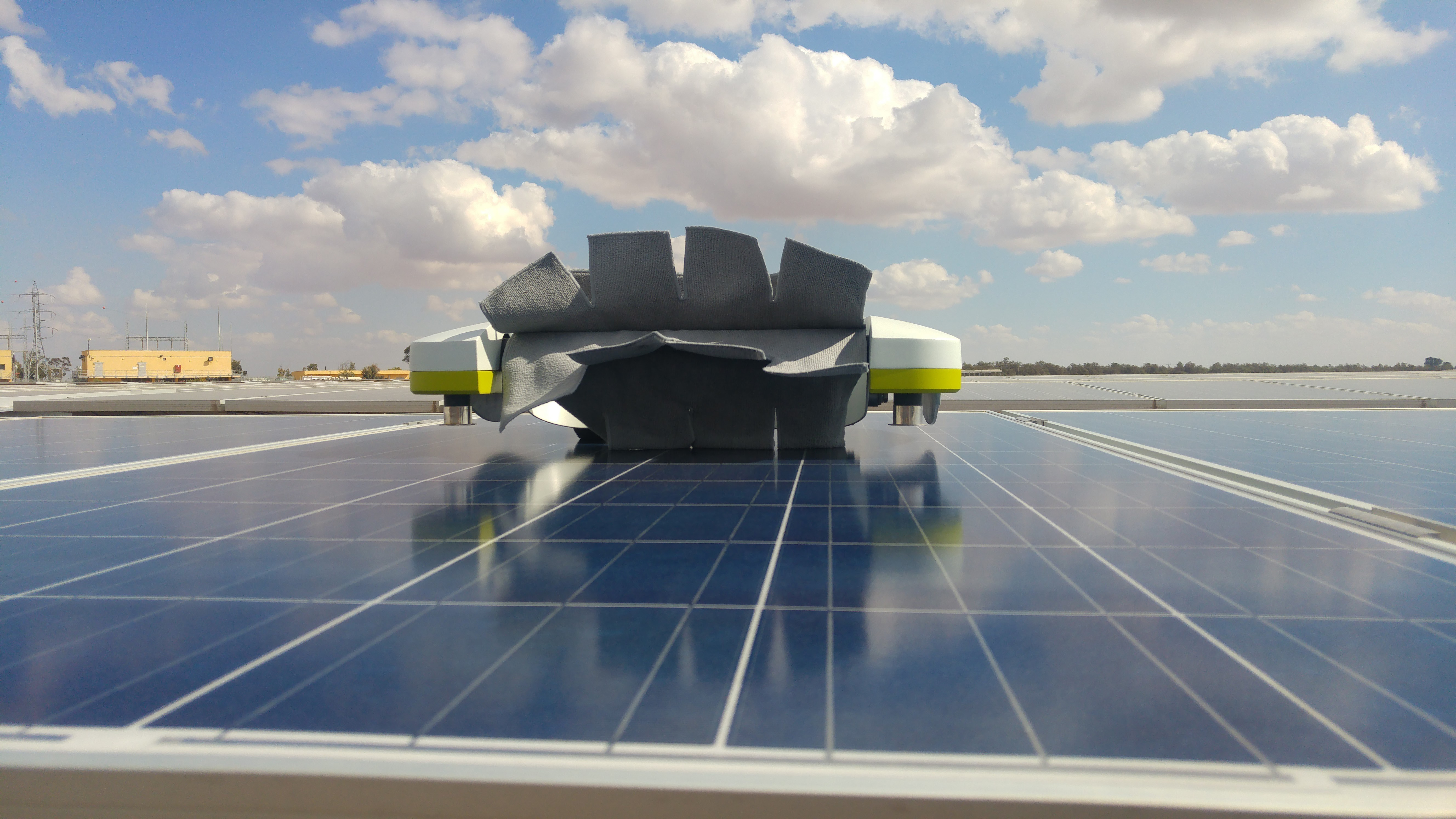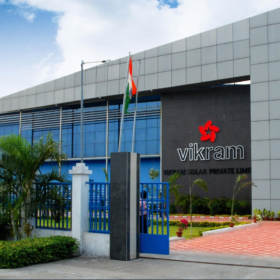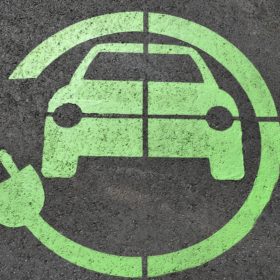Mitsui to buy 49% of Mahindra solar subsidiary
Mahindra Susten will retain a majority 51% stake in its Marvel Solren unit, which operates 16 MW of solar at four sites in India. It aims to jointly build up to 150 MW of capacity with the Japanese trading house by 2023.
ISA invites bids for solar PV project development in member countries
Following Indian utility National Thermal Power Corp.’s proposal for PV projects in International Solar Alliance member countries, the organization has invited bids from companies in such nations with comparable credentials and experience, as long as they own at least 250 MW of solar capacity.
India’s solar industry digests prime minister’s latest landslide victory
With Narendra Modi’s government stunning pollsters with another huge win, the solar industry expects renewable power momentum to be maintained with steps including anti-dumping duty on solar module imports, a national policy for rooftop solar and an emphasis on easing private-sector participation in the power sector.
US-China trade war may lead to dumping of Chinese steel into India
The contraction in Chinese trade flows to the U.S. is likely to result in the dumping in India of Far Eastern electronic and electrical components as well as steel, iron, chemicals and plastic products.
Solar leads all forms of energy in digitalization: DNV GL
In a recent survey, DNV GL found that demand for blockchain-related skills in the solar sector is 50% higher than in other energy industries, while 33% of respondents said that the use of drones is having a significant impact on their businesses. However, the solar industry needs a common framework to help advance digitalization further.
Vikram Solar announces long-duration PV reliability test results
Tests by U.S.-based PV Evolution Labs (PVEL) show that monocrystalline silicon and polycrystalline silicon PV modules produced by India’s Vikram Solar met and exceeded international quality and performance benchmarks.
Modi government propelled India’s renewables growth: CEO survey
In a recent survey, an overwhelming 73% of respondents said they remain upbeat about India’s renewable growth prospects, despite recent policy reversals and various other operational challenges the industry faces.
Only two bidders for 1 GW solar tender in Gujarat
The procurement – for PV capacity at the Dholera Solar Park – attracted bids for just 300 MW as developers shunned a tariff ceiling of $0.039/kWh.
Indian engineering giant Bharat Heavy Electricals to work on e-mobility
Government-owned Bharat Heavy Electricals and the Automotive Research Association of India will combine their respective strengths in technology development and testing and certification to work on electric and trolley buses, EV chargers and battery and charger testing.
Indian developer Azure Power commissions 150 MW project at the Bhadla Solar Park
The independent power producer now has 1.6 GW of operational solar assets. Other recently commissioned Azure projects include the final phase of a 260 MW solar project in Gujarat and a 100 MW facility in Karnataka.
